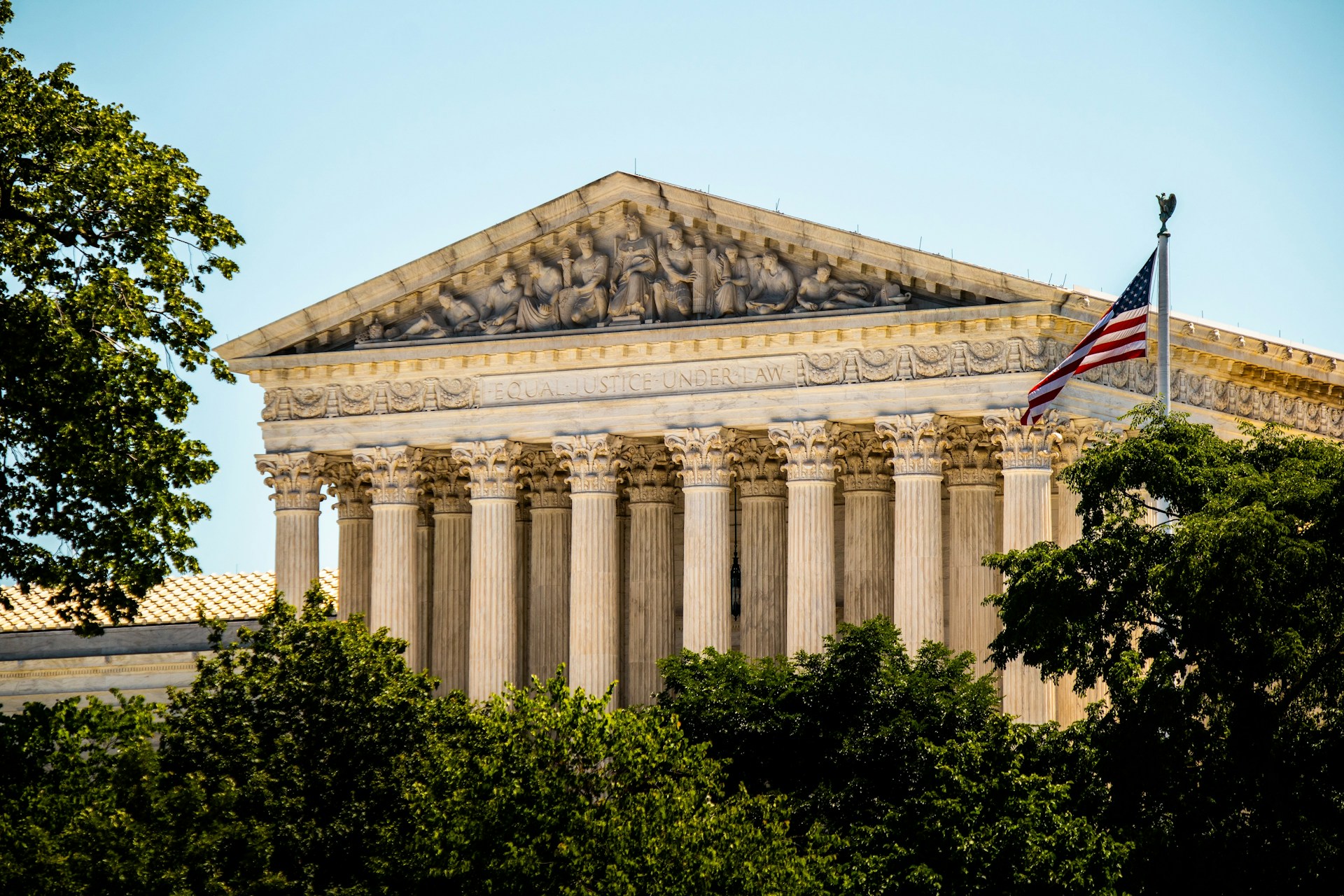President Donald Trump has petitioned the U.S. Supreme Court to curtail the authority of federal judges to issue nationwide injunctions—sweeping legal orders that can halt the implementation of executive actions across the entire country. The request comes amid a series of judicial blocks on key Trump administration initiatives, including his executive order aimed at ending birthright citizenship for children born in the U.S. to undocumented immigrants.
In a recent statement, Trump warned that the country is “in serious trouble” if the Supreme Court does not act to limit such judicial powers. The administration has formally asked the Court, now holding a 6-3 conservative majority including three Trump-appointed justices, to narrow the scope of injunctions that federal district judges can impose. This appeal focuses in part on nationwide orders that have disrupted the rollout of the administration’s controversial immigration and regulatory policies.
Tensions between the executive branch and the judiciary have been escalating. Chief Justice John Roberts recently pushed back against Trump’s call to impeach a federal judge who blocked a deportation order involving Venezuelan nationals. This public disagreement reflects a growing institutional strain over the balance of powers, particularly as lower courts increasingly serve as key battlegrounds for presidential directives.
Legal scholars are closely watching the implications of Trump’s request. While nationwide injunctions have been used under past administrations—such as during challenges to President Biden’s student loan forgiveness plan—Trump’s administration has faced an unprecedented volume of legal resistance. More than 100 lawsuits have been filed against his executive actions since returning to office.
Critics argue that limiting nationwide injunctions would weaken judicial oversight and strip legal protections from individuals outside the district where a case is filed. Supporters, however, claim these sweeping orders grant too much power to single judges and enable “forum shopping,” where challengers seek out sympathetic courts to block federal policies.
As the Supreme Court weighs whether to take up the case, the outcome could redefine the scope of judicial authority in the United States. A decision to limit nationwide injunctions would reshape how executive power is checked in real time and could have long-term consequences for the role of the judiciary in federal policymaking.


